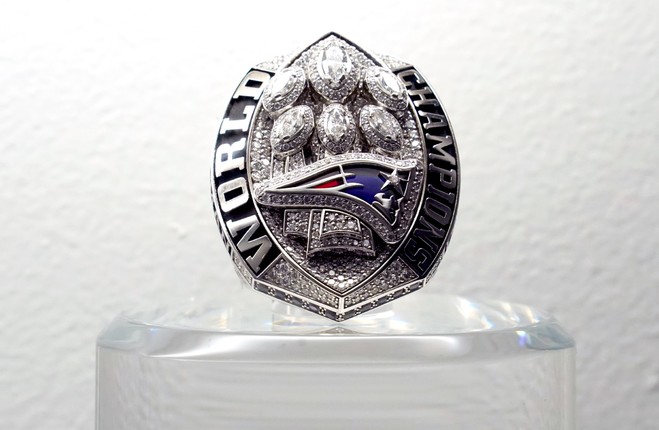1. Can the cycle ever be broken? Will football ever be able to move beyond strong statements and outright condemnations and the occasional glimpse of a man walking out of a magistrate’s court with a jacket over his head? Players and senior figures within the game have urged greater vigilance from social media platforms. The government has threatened tech companies with criminal sanctions and fines running into the billions. But for now, all of this remains just words. Realistically, are we ever going to get the measure of this thing?
In The Guardian, Jonathan Liew considers the hate that has wrapped itself around English football.
2. Drummond was struggling to make cuts, week after week. In diverting into the social consciences of those places he visited, racial tensions in post-Mandela South Africa among them, Donegan managed to cross over in his writing but he needed his man to start delivering on the course. “It was crap after crap, bad performances all the way through. I was slightly worried at that point, it just can’t be a litany of failure . . . it was not working out well and I’m thinking, ‘I am going to get the sack here, this is terrible’.”
Then, the pair went to the Benson & Hedges International at The Oxfordshire in England. “It was a horrible week, pissing rain. I met him on the Thursday and he says: ‘I picked up this tape at the garage’. It’s a self-help tape, one of those psychology tapes by a guy called Anthony Robbins. It was called Awaken the Giant Within. And, I’m like, ‘at last, this is gold’ because he has reached the desperation stage, buying tapes in a garage on the motorway.
Lawrence Donegan reflects on his famous book, Four-iron in the Soul, with Philip Reid of The Irish Times.
3. The box rattles in Costello’s hands as he sets it on the table. Tink-tink-tink. You know the sound? Like a forgotten penny rattling around a dryer? Tink-tink-tink.The three men smile. Those aren’t pennies.
They open the box. Sunlight glints through a nearby window. “The only thing missing was the background music,” Zani says now. “It was like they were glowing.”
Inside are 27 rings, their bezels thick and heavy. Wearing gloves so as not to disturb any fingerprints, the men examine the rings to be sure they are, in fact, the rings that were stolen in an elaborate heist at a jewelry manufacturer just up the road. To be sure they are, in fact, the rings they’ve been chasing for months.
The confirmation is easy. On one side of each ring, the words “Eleven Straight On The Road” are stamped. Surrounding a mass of sparkling diamonds, the top and bottom edges are inscribed “World Champions.” And on the reverse is a message that, despite the excitement these men feel about recovering this critical piece of evidence, would make anyone from the commonwealth — Costello and Zani and O’Neil included — let out a wounded sigh.
“NYG 17, NE 14.”
ESPN tell the story of a heist targeting the New England Patriots’ Super Bowl rings.
4. For many Americans, Robinson’s words and his presence on the field were a source of strength. As a teenager, Hank Aaron saw Robinson give a speech and play an exhibition game in his hometown of Mobile, Alabama. “I was allowed to dream after that,” Aaron once wrote.
But others, especially white Southerners, saw Robinson as a threat. One of them was Bill Keefe, the sports editor of the New Orleans Times-Picayune. In a July 1956 column, Keefe assailed Robinson as a “persistently insolent and antagonistic trouble-making Negro” and an “enemy of his race.” Robinson responded to Keefe with a letter that did more than just put a racist in his place. It also exposed the emptiness and idiocy of segregationist thought. “I am happy for you, that you were born white,” Robinson wrote. “It would have been extremely difficult for you had it been otherwise.”

